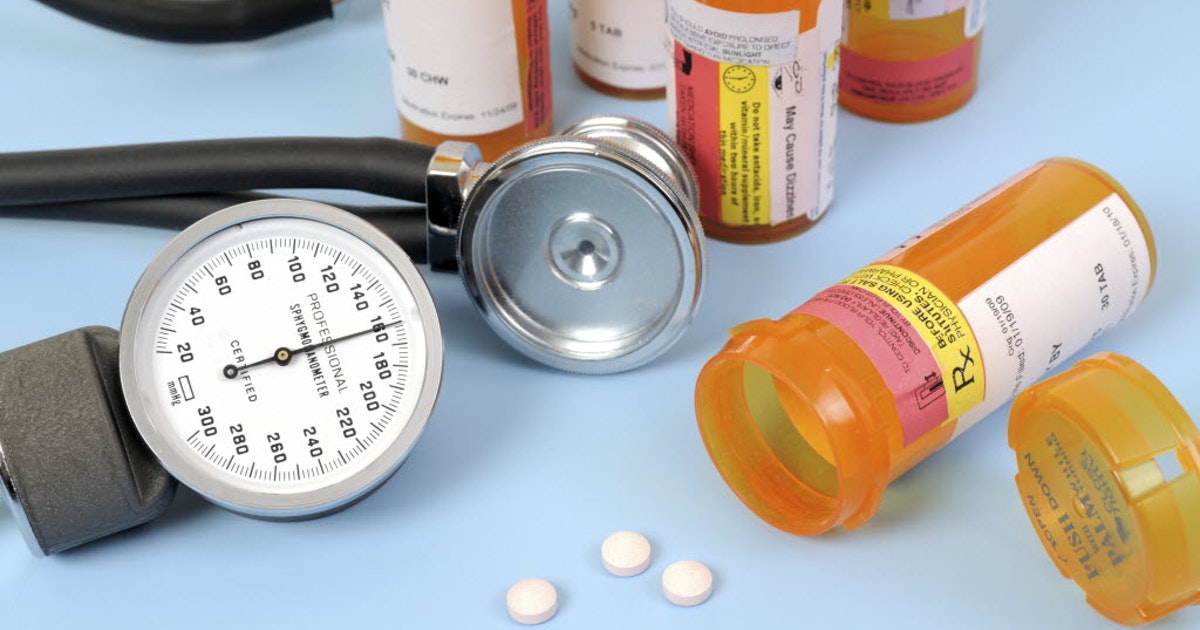Guide To The Treatment Of Berger's Disease
Medications For High Blood Pressure

High blood pressure is one of the major complications for patients with Berger's disease, and medications for high blood pressure are often required. Typically, doctors will start by prescribing angiotensin-converting enzyme (ACE) inhibitors or angiotensin receptor blockers (ARBs). These reduce blood pressure and have also been shown to slow the progression of kidney disease. For optimal blood pressure control, some patients may also need to take beta blockers or calcium channel blockers. While taking these medications, patients may wish to monitor their blood pressure regularly at home. Readings taken at home can help providers know when medication alterations are needed. While taking blood pressure medication, patients should watch for common side effects, which include coughing, constipation, diarrhea, dizziness, nervousness, and fatigue. If patients develop a frequent cough while taking a particular blood pressure medication, they may be able to switch to another type that does not produce this side effect. While using blood pressure medicines, patients will have routine follow-up appointments to have their blood pressure measured at their healthcare provider's office.
Learn more about how to treat Berger's disease now.